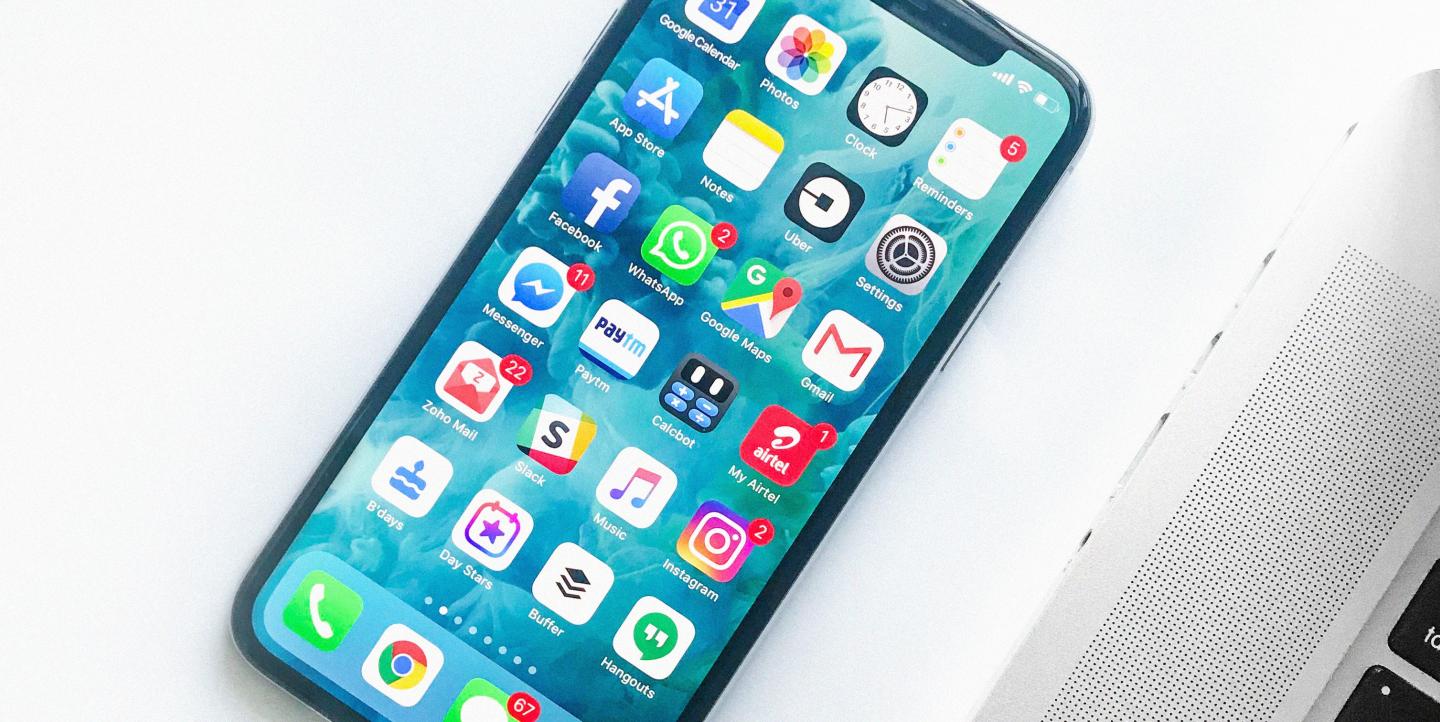As preparation for elections get underway in countries such as Kenya and Nigeria, politicians and their supporters are investing time and resources into spreading mis- and disinformation that can sway public opinion and impact electoral outcomes. Africa’s youth bulge and a steady increase in internet adoption has aided the shift to social media as a medium of political expression.
With a diminishing level of trust in the media and a rise in targeted disinformation campaigns, innovative interventions that expose fact checking content to a larger audience are crucial for protecting the information ecosystem. Such interventions should also take into cognisance cultural nuances as well as socio-economic and demographic peculiarities. Local journalists and researchers need to be empowered to build capacity to detect targeted disinformation campaigns using the political influence industry to sway voters and impact the electoral process.
Interventions from the pandemic
At the height of the COVID-19 pandemic in 2020, the International Center for Journalists (ICFJ) Knight Fellowships program initiated a fact checking project in Nigeria which partnered with social media influencers and fact checking organizations to make facts go viral. The project used Nigerian celebrities, humor and snackable social media videos published in English and local languages to attract attention on social media. Techniques, such as a comic video with a popular health influencer helped make the truth as compelling as fake news whilst also teaching basic media literacy skills on how to verify information on mobile devices. Popular fact checking content produced for media partners during the course of the project dispelled rumors about COVID-19 vaccines availability as well as countering false claims by protesters during a citizen campaign against police brutality.
Viral Facts Africa, an initiative of the Africa Infodemic Response Alliance is another innovative campaign which helped combat misinformation by using influencer campaigns to build vaccine confidence on social media platforms. Designed as a social content initiative to disrupt health misinformation, they provided access to digital content to trusted media organizations.
To build trusted digital communities that can help spread facts and fight misinformation, the continent’s largest fact checking organization — Africa Check launched the #KeepTheFactsGoing and #StandUpForFacts campaigns. Using a network of supporters called Fact Ambassadors to share fact-checking and media literacy content in local languages; they were able to reach underserved audiences whilst tapping into the cultural tendencies of Africans to trust information from their inner circles.
A youth bulge and social media addiction
The recently published digital news report by the Reuters Institute reveals that younger audiences in Africa have a weaker connection with news brands and are increasingly accessing news on social media platforms such as TikTok. With TikTok becoming a forum for political speech and disinformation according to a Mozilla Foundation report, it has become imperative to invest in innovative formats for fact checking content in order to reach younger audiences online.
Keying into the potential of a youth bulge and a perceived social media addiction, the ICFJ Knight fellowship program with support from the National Endowment for Democracy (NED) recently launched the FactsMatter initiative to promote information integrity and public media literacy to strengthen the electoral process in Nigeria. The project is expected to deliver results in a country reported to have the most addicted internet users in Africa — with the average user spending 3 hours and 2 minutes on social networks everyday.
Because many Nigerians turn to social media to express themselves and discover what others are thinking, the need to develop their news judgment is all the more important. FactsMatter would use creative means to expand collaboration among fact checkers and social media influencers, thereby strengthening democratic ideas and freedom of information. With a huge focus on digital content production, the project is investing in newer formats of content creation in both local and English languages. Some of the content would be specifically designed to go viral on TikTok and WhatsApp — two popular social networks in Africa. Asides holding regular online engagement such as Twitter Spaces to create awareness on disinfo trends, the project would also train social media influencers on basic verification skills, social media best practices and strategies on how to become sources of verified information to their followers.
This article was originally published in MisinfoCon, and republished here with permission.
Photo by Rahul Chakraborty on Unsplash.


